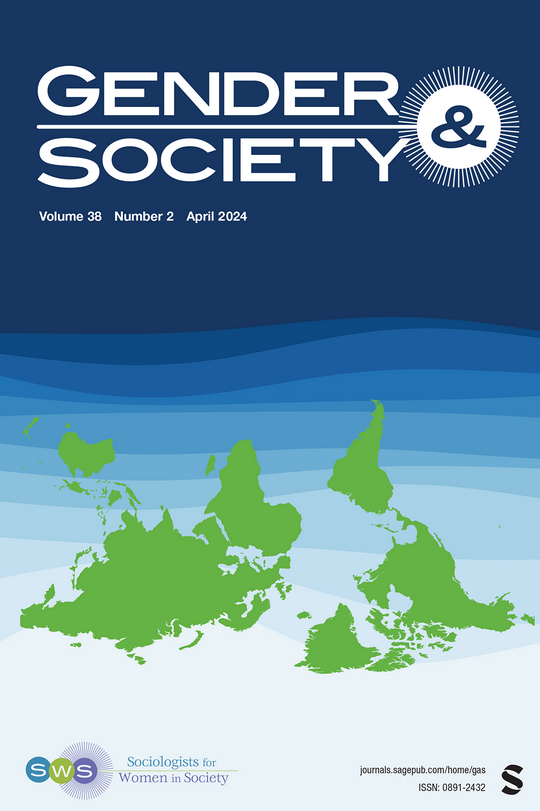The Mundane and the Extreme: Women’s Experiences of Housework and Marital Violence in India
IF 3.4
1区 社会学
Q1 SOCIOLOGY
引用次数: 0
Abstract
Mainstream theories tend to consider housework a form of labor and its gendered division a result of resource exchange or bargaining and an act of “doing gender.” These theories, however, insufficiently reflect the centrality of housework in many women’s lived experiences of marital violence, particularly in the Global South. Our in-depth interviews with 22 women survivors of marital violence from Assam, India, show that housework features prominently in the women’s experiences of marital violence. Drawing on our interviews, we show that marital violence can manifest in and through housework in three interlinked dimensions: (1) the coercive enforcement of how, when, and to what standard housework is performed; (2) the physical and mental harms inflicted in and through housework; and (3) the restrictions it imposes on women’s capabilities in other life domains. Uniting gender research on housework and marital violence, our study shows how a violence lens helps render visible the ways in which housework may be organized, enforced, and experienced for some women. In doing so, it highlights that the mundane (housework) and the extreme (violence) are not separate regimes of gender control and demonstrates how they intersect to (re)produce domestic gender inequality.平凡与极端:印度女性的家务和婚姻暴力经历
主流理论倾向于认为家务劳动是一种劳动形式,其性别分工是资源交换或讨价还价的结果,是一种“做性别”行为。然而,这些理论没有充分反映家务在许多妇女的婚姻暴力生活经历中的中心地位,特别是在全球南方。我们对来自印度阿萨姆邦的22名婚姻暴力的女性幸存者进行了深入采访,结果表明家务在女性的婚姻暴力经历中占有突出地位。根据我们的访谈,我们发现婚姻暴力可以在三个相互关联的维度中通过家务劳动表现出来:(1)强制性执行家务劳动的方式、时间和标准;(二)因家务劳动和通过家务劳动造成的身心伤害;(3)它对女性在其他生活领域的能力施加的限制。我们的研究结合了家务劳动和婚姻暴力的性别研究,展示了暴力镜头如何帮助人们看到家务劳动对一些女性的组织、执行和经历方式。通过这样做,它强调了世俗(家务)和极端(暴力)并不是分开的性别控制制度,并展示了它们如何交叉(重新)产生家庭性别不平等。
本文章由计算机程序翻译,如有差异,请以英文原文为准。
求助全文
约1分钟内获得全文
求助全文
来源期刊

Gender & Society
Multiple-
CiteScore
9.70
自引率
3.60%
发文量
78
期刊介绍:
Gender & Society promotes feminist scholarship and the social scientific study of gender. Gender & Society publishes theoretically engaged and methodologically rigorous articles that make original contributions to gender theory. The journal takes a multidisciplinary, intersectional, and global approach to gender analyses.
 求助内容:
求助内容: 应助结果提醒方式:
应助结果提醒方式:


